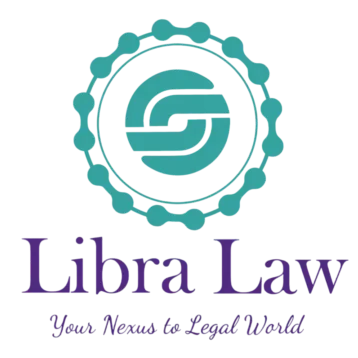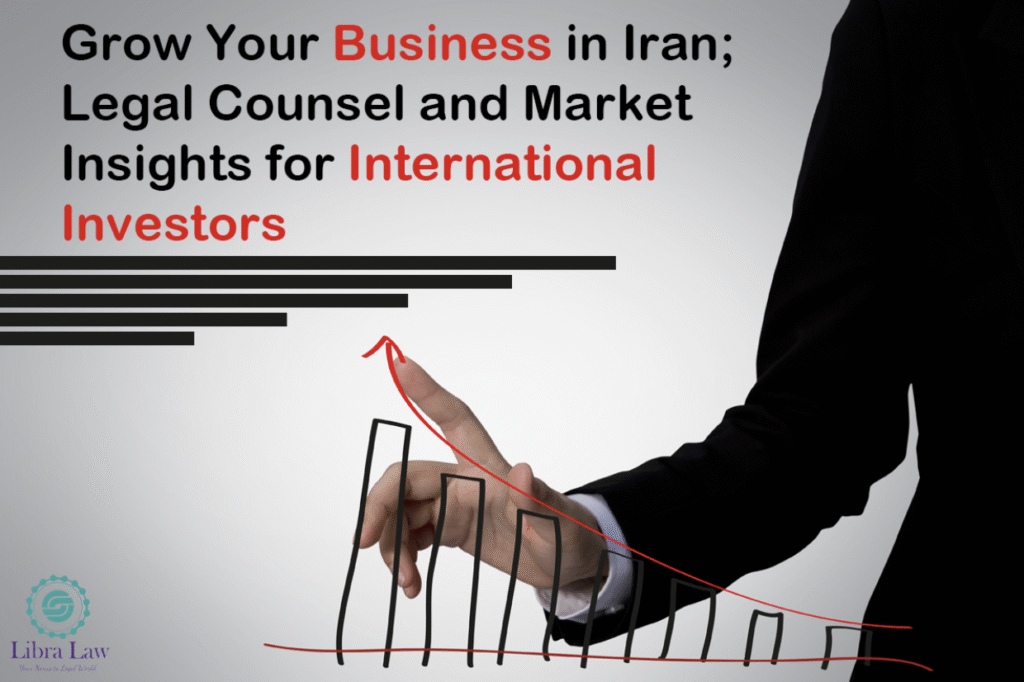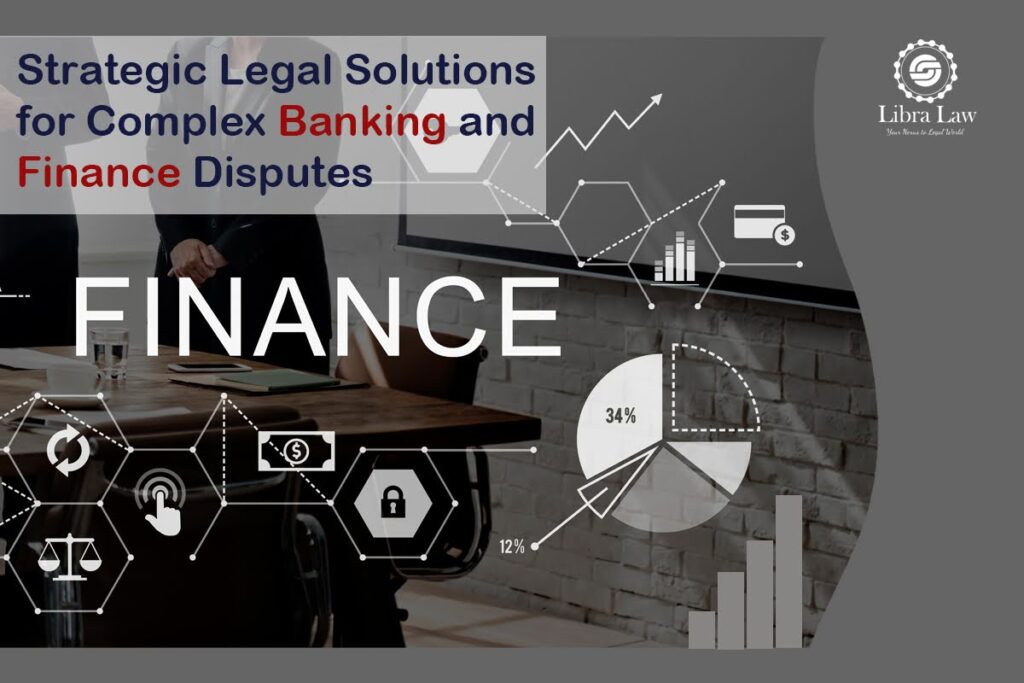The Office of Foreign Assets Control (OFAC) is a branch of the U.S. Department of the Treasury responsible for enforcing economic and trade sanctions based on U.S. foreign policy objectives against foreign governments, entities, and non-American individuals.
Primary Sanctions
Primary sanctions specifically refer to those sanctions imposed by the United States directly against Iranian persons with which all U.S. individuals and entities are required to comply. These sanctions, in general, are designed to restrict Iran’s access to global financial and commercial markets.
It is important to note that primary sanctions do not include all transactions with Iran. For a transaction to fall under the sanctions, one of the following conditions must exist:
1. A U.S. Party: One party to the contract is a U.S. person or entity.
2. Use of U.S. Dollars: The transaction is conducted in US dollars .
3. Involvement of a U.S. financial entity: A U.S. financial institution is involved in the transaction.
4. Involvement of a foreign Financial entity: A foreign/non-U.S financial entity that includes a U.S. financial entity as a party to the contract.
These conditions are used to determine the scope and impact of the sanctions on economic and commercial activities associated with Iran, and compliance with them is mandatory for all U.S. individuals and entities.
Secondary Sanctions
Secondary sanctions refer to a situation where a non-Iranian person or entity engages in a transaction with a sanctioned Iranian individual or entity. In such cases, due to participation in the transaction with the sanctioned individual or entity, access to the U.S. financial system is significantly restricted for the non-Iranian person or entity, thus subjecting them to secondary sanctions.
These types of sanctions are designed to exert pressure on foreign countries and entities to prevent economic interaction with Iran and specifically impact the financial activities of non-U.S. entities. Therefore, these sanctions can have serious consequences for non-Iranian companies and entities engaged in transactions with sanctioned Iranian parties.
When Are Transactions with Iran Not Subject to Sanctions?
Transactions with Iran may be exempt from secondary sanctions under specific conditions. These conditions are as follows:
1. Exclusion of Individuals on the Sanctions List: None of the individuals and entities involved in the transaction, including parties to the contract, currency exchange offices, and final consumers, should be listed on the OFAC sanctions list. This condition is essential to prevent any connection with sanctioned individuals.
2. Permitted Transactions with Specific Products: In cases where the Iranian government is one party to the contract, the transactions must relate to products that are approved and have the necessary licenses.Additionally, these products should not provide access to U.S. entities deemed sensitive. In other words, while the Iranian government can be involved in these transactions, it is prohibited from having direct access to these products and can only purchase items necessary for meeting societal needs.
3. Intermediary Payments: All payments from Iran to the U.S. must be made through a third-party government. This means that the contract amount must be transferred from a bank account located in a third country to the U.S. party’s account. This condition is to prevent potential violations of the imposed sanctions and financial restrictions.
Requesting Removal from the U.S. Sanctions List (SDN List)
Individuals sanctioned by OFAC, whose names are on the Specially Designed Nationals and Blocked Persons List (SDN), can submit a request for removal from this list with the legal services of Libra Law Firm.
In some cases, an individual’s name may have been added to the list due to misidentification; similarity in names among different individuals can lead to confusion, resulting in wrongful inclusion of a person’s name on the sanctions list. In such cases, there is an opportunity to appeal and correct the identity status.
In other instances, the sanctioned individual may not have played an effective, aware, or intentional role in the incident leading to their sanction. In such a situation, the individual may have participated indirectly in an event and played an unimportant role. In these cases, proving that the sanction is not related to the individual’s will or decision can be referenced in the request for removal from the sanctions list. For this reason, it is essential to provide sufficient documentation and strong legal arguments in support of the request for removal from the SDN List so that the interested party can present their documents for review and approval by the relevant authorities based on the relevant laws and legal principles.
Financial and Legal Consequences of Being on the Sanctions List
Being on the sanctions list, especially for companies and institutions engaged in international trade, has far-reaching financial and legal consequences. These sanctions can significantly affect the ability of these entities to conduct financial transactions with international financial institutions, making their profound implications.
Notable consequences of these sanctions include the inability to access foreign assets and bank accounts, either directly or in connection with commercial activities. This means, individuals and entities on the sanctions list are deprived of the ability to manage and utilize their assets abroad.
Additionally, sanctions create reluctance among foreign institutions and companies to provide services to sanctioned entities. which may lead to the closure of existing bank accounts and the prohibition of financial transactions related to the assets under their control. This means, these sanctions can ultimately result in a significant reduction in business opportunities and increased operational and financial costs for sanctioned companies.
Legal Process for Requesting the Unblocking of Sanctioned Financial Assets in the U.S.
When a bank or international financial institution determines that an international financial transaction is unlawfully contrary to U.S. sanctions or international sanctions, it may block the funds related to that financial transaction. In this regard, OFAC requires banks and financial institutions under U.S. law to block funds related to financial transactions that violate the sanctions laws.
This law specifically includes transactions that occur within the U.S. or involve U.S. persons, banks, and financial institutions or U.S. currency (dollars). Furthermore, if the assets of an individual or entity listed on the U.S. sanctions list come under the jurisdiction or control of U.S. persons or entities, they assets must also be blocked or “frozen.”
In such circumstances, the sanctioned individuals or entities can submit official requests to OFAC to unblock their bank accounts and funds. These requests must be carefully drafted and include sufficient documentation and reasons to justify non-compliance with the sanctions conditions.
Facilitating the Import of Goods Exempt from Sanctions: Legal Requirements and Conditions
General licenses refer to specific exemptions from the general sanctions laws that permit certain transactions and financial interactions. All individuals and entities can submit a written request, including a list of the desired goods and applicable regulations. In this request, it is necessary to conduct all necessary measures to accurately verify the identity and status of the transaction parties, including Logistics companies, currency exchanges, and customers who are not on the sanctions list based on general licenses.
Moreover, in order to conduct permitted transactions, the aforementioned parties must engage in trade of goods and services exempt from sanctions through banks and financial institutions responsible for international payments. Thus, by adhering to legal principles and related procedures, the possibility of importing goods exempt from sanctions is facilitated.
Licenses and Considerations in Trading Goods and Services Exempt from Sanctions
Goods and services exempt from sanctions, such as pharmaceutical, food, and agricultural products, typically do not require specific licenses, and their trade can occur by providing relevant certifications regarding compliance with sanctions laws to banks, financial institutions, and transportation companies.The assessment of compliance with this law is quite complex, requiring the expertise of experienced attorneys in the area of sanctions law to accurately and comprehensively examine all aspects of the transaction and the individuals involved.
Requesting Import Licenses for Non-Exempt Goods from OFAC
Requesting a license from the Office of Foreign Assets Control (OFAC) can provide an opportunity to facilitate some transactions and financial transfers, prohibited under U.S. sanctions. According to sanctions regulations, existing licenses are divided into two main categories: general licenses and specific licenses.
General licenses act as exceptions within general sanctions laws, allowing certain transactions and financial interactions. These licenses are designed publicly for a group of activities.
Specific licenses are obtained through a request to the Office of Foreign Assets Control (OFAC) for specific designated transactions. Issuance of these licenses allows applicants to conduct activities prohibited by sanctions legally. Thus, obtaining a specific license can facilitate the import of goods that are not directly subject to sanctions.
Process for Obtaining Specific Licenses from OFAC
In contrast to general licenses, which allow all individuals and entities to conduct transactions and financial exchanges, obtaining a specific license requires a written application to the Office of Foreign Assets Control (OFAC). Only those who have successfully received this specific license are, therefore, permitted to engage in transactions and financial exchanges subject to sanctions laws.
Importing Pharmaceuticals: From General Licenses to Specific Requirements
Under general licenses issued by the Office of Foreign Assets Control (OFAC), the importation of pharmaceutical products and equipment is permitted as an exception to sanctions. These licenses are specifically issued to ensure access to essential drugs and medical equipment for public health and aim to reduce human suffering caused by trade restrictions.
Nevertheless, special attention must be paid to the specific conditions of certain drugs and medical equipment, as some of these items may be subject to additional restrictions, especially in cases where drugs or medical equipment have dual-use capabilities; that is, in addition to medical uses, they may have applications in areas such as nuclear energy or military use. These cases will fall under the prohibitions of sanctions, and their importation is entirely forbidden.
Facilitating International Transactions and Payments
If a financial transaction is exempt under sanctions laws or has received a specific license from OFAC, its facilitation can be initiated by stakeholders through submitting a formal request to a law firm specializing in sanctions. This request must include detailed information about the applicable laws governing the transaction, along with documented evidence showing compliance with specific and general sanctions licenses.
Given that financing and fund processing, particularly in international contexts, are subject to strict oversight and limitations, providing accurate and comprehensive documentation can significantly help prevent the blocking or freezing of funds. This action is essential not only to protect the rights and financial interests of individuals and entities, but also to facilitate business processes and meet essential market needs.
Legal Opinion and Specialized Consultation on Sanctions
Before entering into any transactions related to goods exempt from sanctions, international companies require a comprehensive and thorough analysis to ensure that these interactions do not conflict with international sanctions laws. The Libra Law Office, with its expertise in sanctions, provides complete legal services and consultancy, which includes precise interpretation of laws and their compliance with the specific transactions of companies. These services help companies mitigate potential risks arising from payment blockages or the imposition of secondary sanctions, thereby facilitating their transaction processes.
Legal Defense Against OFAC Investigations and Protection of Client Interests
The Office of Foreign Assets Control (OFAC) may issue a notice to individuals at risk of violating sanctions laws, indicating the initiation of an investigation. This notice signifies the start of preliminary investigations and OFAC’s request for additional information regarding potential violations of sanctions laws.
Individuals who have engaged in financial transactions with sanctioned persons or countries, or who have received funds from individuals listed on the sanctions list, may receive such a notice. These investigations assist OFAC in determining the legality of the financial interactions that have taken place.
In some cases, the scope of information requested by OFAC may be very broad and complex. Providing this information appropriately requires precision and planning. Establishing communication with the case officer can enable clients to receive necessary guidance regarding the requested information and, if possible, to narrow the scope of the information requested.
Defense of Client Rights in Cases Related to the Office of Foreign Assets Control
In certain cases, it is possible to request a review of decisions made by the Office of Foreign Assets Control (OFAC). Although OFAC typically does not have a formal procedure for reconsideration of its decisions, under specific circumstances, a case can be re-evaluated by presenting appropriate and sufficient reasons. This request can arise when new evidence is provided that was not previously submitted to OFAC or when significant changes in circumstances have occurred since the initial request.
Decisions made by OFAC are generally final and not subject to appeal. To appeal these decisions, however, a request must be submitted to a federal court. In this process, the appellant must demonstrate that OFAC’s decision was made arbitrarily and contrary to existing laws.
Ownership and Transfer of Real Estate by Non-Iranian Individuals in Iran and Exceptional Conditions
In the legal system of Iran, non-Iranian nationals do not have the right to own real estate in the country. If any real estate is transferred to these individuals in any manner, according to Article 988 of the Iranian Civil Code, they are obliged to transfer this property to Iranian nationals. On the other hand, an individual with Iranian citizenship may reside in a foreign country, such as the United States, for a certain period and may wish to transfer their property to that country. In these cases, individuals with U.S. green cards or citizenship, as well as those who have obtained a U.S. visa, are generally prohibited from transferring their property in Iran to the United States while they are present in U.S. territory.
Exceptions to the Prohibition on Transferring Property from Iran to the United States
Like any rule, there are exceptions to the prohibition on transferring property from Iran to the United States:
1. Sale of Property Before Obtaining a Green Card or Citizenship: If an individual owns real estate in Iran before receiving a green card, citizenship, or U.S. visa, they are allowed to sell that property in Iran and transfer the proceeds to the United States.
2. Inheritance Transfer: If an individual receives an inheritance after obtaining a green card, citizenship, or U.S. visa, they can transfer that amount to the United States.
3. Financial Gift Transfer: If an individual receives a financial gift after obtaining a green card, citizenship, or U.S. visa, they are permitted to transfer it to the United States.
It is important to note that the legal deadline for completing these transactions and transferring the proceeds to the United States for individuals in the first category is a maximum of 10 years after obtaining the green card, citizenship, or U.S. visa. For those in the second and third categories, the timeframe is 10 years after the acquisition of ownership.
Donations to Iran
Individuals and organizations can make donations to Iran through two main methods:
1. Individual Donations: Each individual is allowed to donate up to $500 of their assets to Iran through a third-party government. These donations must comply with relevant sanctions laws and international financial regulations.
2. Donations through Authorized Organizations: Those wishing to donate amounts exceeding $500 can do so through non-profit organizations and charities established to assist Iran. These organizations are permitted to receive and distribute up to $500,000 annually through a third country to Iran. It is important to note that these donations must be conducted under strict oversight of the relevant sanctions laws and financial controls.
Release of Blocked Iranian Assets in the U.S.
Due to imposed economic sanctions, a portion of Iran’s assets and properties abroad, particularly in the United States, have been blocked. To release these assets, experienced lawyers and specialized consultants from the Libra Law Office can emphasize aspects such as the type of goods, lack of jurisdiction by the United States, and other relevant factors, taking necessary actions to facilitate the release of these assets.
If your name appears on the sanctions list, or if your assets are blocked abroad, or even if you wish to transfer your assets to the United States, the specialized and experienced lawyers at the Libra Law Office are ready to assist you in resolving these issues. For expert consultation in this area, please contact our experts at the Libra Law Office.








